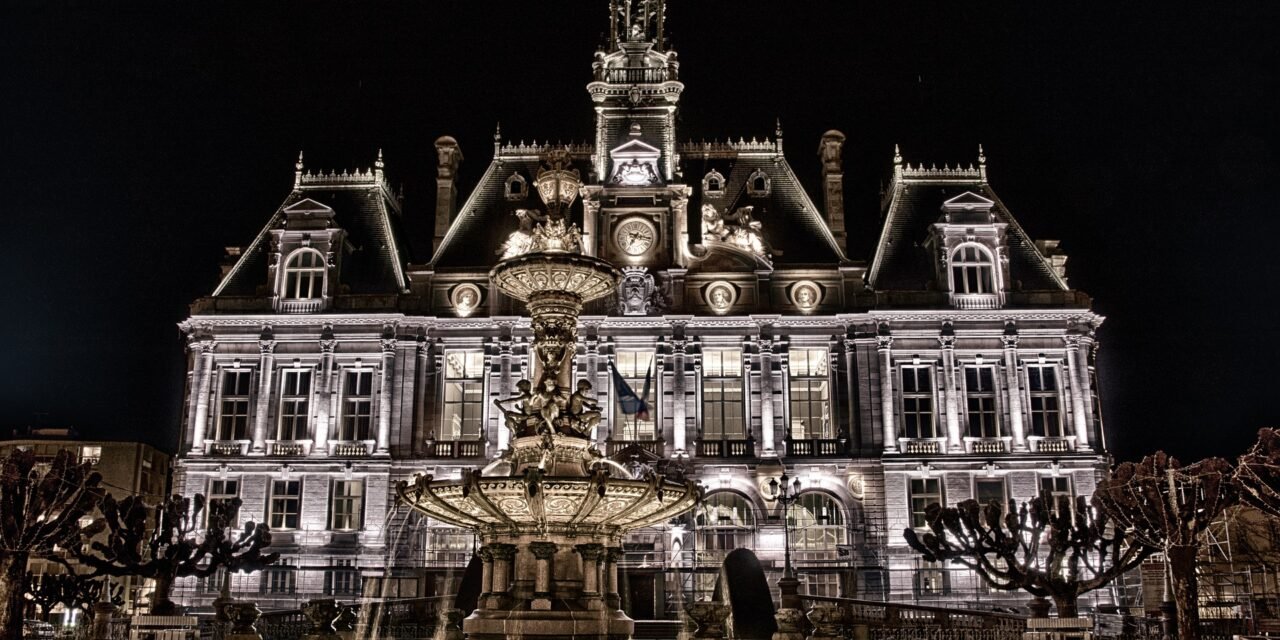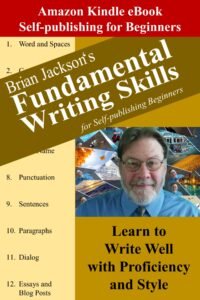When outlining fiction, you focus on three elements: plot, people and places. Plot defines what happens while people define who it happens to and places where it happens.
In this post, I define how to outline fiction using plot, people and places.
Plot – What Happens
To plot your work, simply write what happens. Be sloppy and terse while outlining. No one will read your outline but you.
You can turn a plot into a hierarchy of information by breaking your plot into chapters and scenes. Chapters make up the highest level of decomposition. A chapter constitutes a major episode in your story. You compose chapters using scenes. Scene are shorter, smaller, more specific occurrences that involve one or more characters and occur in a single location. You should make a note of the characters and locations involved in each scene.
Let’s look at an example:
Chapter 1: The Meeting
Scene 1: Susan and Val Meet, Characters: Susan and Val, Location: Lover’s Fountain
Susan and Val meet at their favorite lover’s location
They are all alone
They share words of love
Someone comes and they must part
Chapter 2: The Deception
…
In this example, I composed Chapter 1 of a single scene, a meeting between two lovers at a famous fountain. Note that I’m not fancy with formatting and each plot point is terse and direct.
People – Who It Happens To
Toward the end of my plot outline, I like to maintain a bible of the people involved in the plot. I delete this bible from the scrubbed for publication version of my manuscript.
When describing the characters in your story, try to be complete and detailed; and, again, be sloppy and terse.
Carson Blair
Ex-cavalry scout for the border patrol
Leg wounded in Battle of the Southern Cross
Doesn’t speak well because of bad teeth
…
Use your character outlines to add depth to your writing:
Carson stumbled into the room, favoring his good leg.
“Who’s the lowdown, no good scum who shot my horse?” he demanded, barely making himself understood because of his rotten teeth.
Places – Where It Happens
After your character outlines, define where your scenes take place. Don’t just have scenes occur anywhere. Have them occur in memorable locations that enhance the scene. Make your location another character. Again, you can work location details into your written narrative.
Lover’s Fountain, Italy, Florence
Large bronze found with lovers embracing at the peak
Where all the lover’s come to meet
…
I’ll see you in the classroom,
—Brian


















